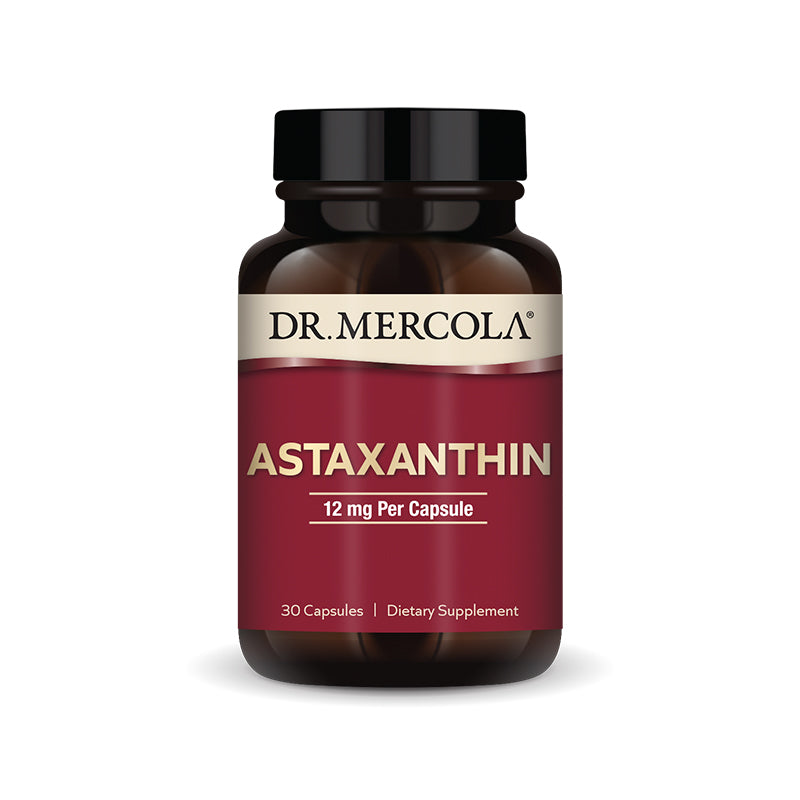by Glen Depke
Autoimmunity is a much more significant issue than most are lead to believe. Today we will discuss autoimmunity deeper than in the past and discuss one of the biggest factors leading into autoimmunity, which is gluten.
Last weeks article “Thyroid Treatment…Ridiculous!” brought up the point that the higher percentage of individuals that are diagnosed with thyroid issues are actually dealing with autoimmunity and not a thyroid issue per say.
This has to be addressed!
Understand that autoimmunity is not just a thyroid issue. This can lead to challenges throughout the body and most likely lead to issues in the gut/colon, skin, nervous system tissue, pancreas, liver, brain, joints as well as the thyroid.
- Test and recognize antibodies to the proteins in gluten for those without health symptoms.
- Test and recognize antibodies to the proteins in gluten for those with health symptoms.
- Test and recognize full blown tissue destruction.
So you get to pick at which level you would like to recognize this challenge. I don’t know about you, but I know where I would want to pick this up at and honestly I can share that I found my answer about 6 years ago in the first and earliest stage.
You could too.
You may ask, what is gluten or am I referring to Celiac disease?
First of all, gluten is defined as the mixture of proteins, including gliadins and glutelins, found in wheat grains, which are not soluble in water and which give wheat dough its elastic texture. Let’s take this a bit further though to mention that gluten is in far more grains than just wheat. Wheat just happens to be the biggest culprit here.
The other referring to Celiac disease can best be put into this statement. A gluten intolerance would be an immune system reaction to the consumption of gluten while Celiac disease would be a full blown autoimmune reaction to gluten. A gluten intolerance would be recognized as tested gliaden or glutelin antibodies, while Celiac disease would be assessed as a autoimmune disease. It is recognized that currently, 1 in 100 people in the U.S. have Celiac disease but the numbers would be staggeringly higher for those that are simply gluten intolerant. A couple of other interesting facts is that 87.5% of those with Celiac disease are asymptomatic, which means they have zero gut symptoms. Only 12.5% actually have symptoms.
I also want to mention that the correlation between gluten intolerance and future autoimmunity is extremely strong. So strong that it is suggested that a gluten intolerance that is not addressed will have almost a 100% likelihood of becoming an autoimmune issue within a 5 year time span.
Yikes!
Of those “not addressed” gluten intolerances, 33% will create gut inflammation and gut issues while the other 67% will create other negative symptoms of the body seemingly unrelated to the gut.
This is often why people do not want to even look at gluten. I’ll hear comments like, “I know gluten is not an issue for me because my digestion is very healthy.”
My, how often they are surprised!
As a person with a gluten intolerance progresses, this can be recognized in one of 3 ways:
- Intestinal challenges
- Silent or without symptoms
- Symptoms outside of the gut
- Nervous system
- Skin
- Hormonal
- Joints
- Other
Another big question I get with regularity is,” Why is gluten such a big deal all of a sudden?”
First of all, this is not all of a sudden. This has been progressing rapidly over the last 50 years. The biggest issue with this is what has happened to our grains and specifically wheat. Wheat is now a significantly genetically modified food. It is deamidated which is a processing to make gluten more water soluble, which in turn also makes it more inflammatory. It is stored for long periods. The typical turn around between wheat being harvested and ending up on your dinner table is 2 years. This is a long time to develop enterotoxin contamination. This is also exasperated by other factors such as hygiene, leaky gut, chronic stress, poor nutrition and enzyme insufficiency.
While some people have to stay away from gluten containing products at all times, there are other that can do quite fine consuming gluten products in other areas of the world, such as Europe due to the fact that gluten products are not genetically modified or deamidated. In other words, often subjects have no reaction to a true native wheat flour but have severe reactions to deamidated wheat flour.
Get this…this is not a trend…this is real!
So for those of you reading this today, what percentage of you actually are gluten intolerance? Is this 50%, 70% or even closer to 90%. I would suggest higher rather than lower.
So what do you do now?
- First take the gluten intolerance assessment which is complimentary at Depke Wellness. Click here for you free assessment.
- If you find score a 5 or above, I would recommend you do one of two things. First if possible, via testing assess antibodies to gliadins and/or glutelins as well as the wheat germ. If you do not have this as an option, I would eliminate gluten from your diet. For those testing, it is extremely likely that you would be eliminating gluten after reviewing test results.
- Test for other cross reactive foods or go on an anti inflammatory diet for at least 30 days, and slowly reintroduce the eliminated foods to assess your reactive states.
- Test for autoimmunity within your body.
- From here, there are supplement protocols to address the gut, brain and immune damage as well as intervention to assist with chronic inflammation. There are also protocols to support immune system regulation and assist with regaining balance in your immune function.
I understand that this may seem like an insurmountable task for many but trust me, it is much easier than dealing with the symptoms of tissue destruction of an autoimmune disease.
Remember, you can address an autoimmune reaction long before it is a full blown autoimmune disease and an unaddressed gluten intolerance is one of the biggest factors to address for most.
For those choosing to eliminate gluten, first off, congratulations. This is a significant commitment to health and happiness. Second, there is another complimentary download for you at Depke Wellness. You can get a free list of Gluten Foods in Categories that makes this commitment much easier. Get your list now.











